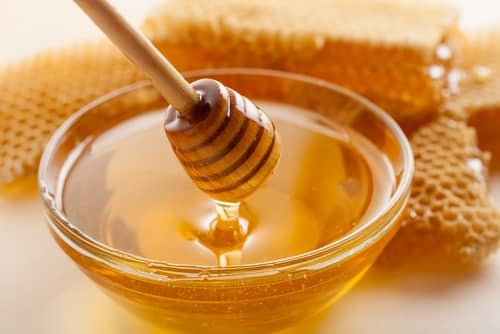
This golden elixir is a natural preservative that transcends time.
When it comes to Mother Nature's culinary wonders, honey tops the list. Not only is it a delicious natural sweetener, but it also boasts a truly mind-blowing fact: honey never spoils and can last for more than 2000 years.
The jar of honey sitting in your kitchen cabinet could last for decades and never spoil.
The ageless elixir
Imagine stumbling upon an ancient tomb or archaeological site dating back thousands of years. Among the artefacts and relics, what could you find? Well, there's a good chance you might discover pots of honey that are still perfectly edible. Archaeologists have uncovered pots of honey in Egyptian tombs that are over 3,000 years old, and guess what? They were still as good as the day they were sealed.
The science behind honey's longevity
The secret to honey's everlasting freshness lies in its unique composition. Honey is primarily composed of sugar, water, and tiny amounts of various other compounds, including natural preservatives. Bees add an enzyme called glucose oxidase to honey, which converts glucose into hydrogen peroxide, a natural antiseptic. This low water content and high acidity make it an inhospitable environment for bacteria and microorganisms, preventing spoilage.
In addition to its chemical composition, honey's packaging is a marvel in itself. Bees seal honey in airtight cells within the hive, preserving it from external contaminants. The combination of low moisture, high acidity, and impeccable packaging makes honey an incredibly inhospitable environment for bacteria, fungi, and other spoilage agents.
Tips for preserving your honey
Now that you know honey's remarkable durability, you might be wondering how to keep it in top condition for as long as possible. Here are a few simple tips:
Keep it sealed: Ensure your honey jar or container is tightly sealed to prevent moisture from getting in.
Store it in a cool, dry place: Honey can crystallise if exposed to extreme temperatures, so keep it away from direct sunlight and heat sources.
Use clean utensils: Always use clean, dry utensils when scooping out honey to prevent contamination.
Avoid introducing water: Water can dilute honey and promote spoilage, so make sure to keep it dry.
This content was created with the help of an AI model and verified by the writer.
Read Full Story













Facebook
Twitter
Pinterest
Instagram
Google+
YouTube
LinkedIn
RSS